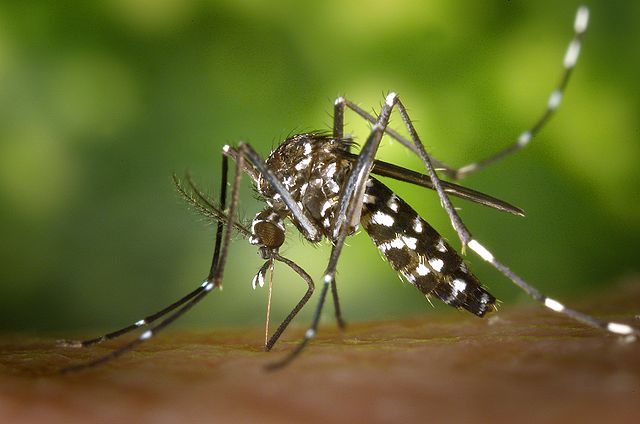A Danish tourist has contracted the Zika virus, confirms Lars Østergaard, a consultant and professor at the Department of Infectious Diseases at Aarhus University Hospital. It is believed to be the country’s first ever case.
There is currently an outbreak of the Zika virus in South and Central America, and the Danish patient only recently returned from travels in the region.
The Dane came to the Department of Infectious Diseases with flu-like symptoms: fever, headache and muscle pain. The Zika diagnosis was handed down last night. The hospital said the patient is in a good condition.
Mosquitoes the culprit
The virus is primarily spread by mosquitoes, but the infection can also be passed from mother to foetus, or during the child’s birth. It is also believed there have been cases of the disease being sexually transmitted, but this remains unconfirmed.
The Zika virus is a flavivirus, which places it in the same family as yellow fever, the West Nile virus and dengue fever. Unlike some of those viruses, there is no vaccine to prevent Zika or medicine that can treat the infection.
Zika has grabbed worldwide attention recently because of an alarming connection between the virus and microcephaly, a neurological disorder that results in babies being born with abnormally small heads that cause severe developmental issues and sometimes death.
Stay north
Since November, Brazil has seen nearly 4,000 cases of microcephaly in babies born to women infected with the Zika virus during their pregnancies. There were only 146 cases in 2014.
READ MORE: Refugees carrying dangerous diseases into Denmark
Danish health authorities have said there is little chance of a Zika-related epidemic in Denmark, but advised pregnant women to defer travelling to South and Central America.
















